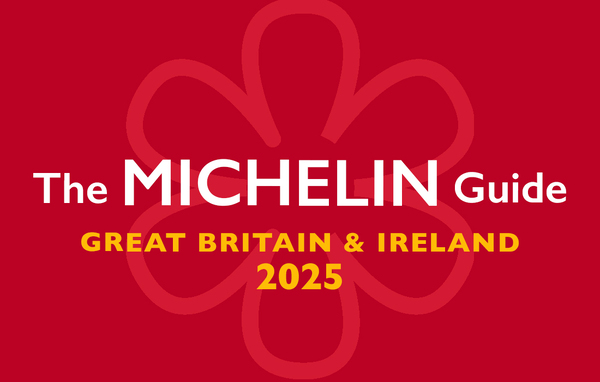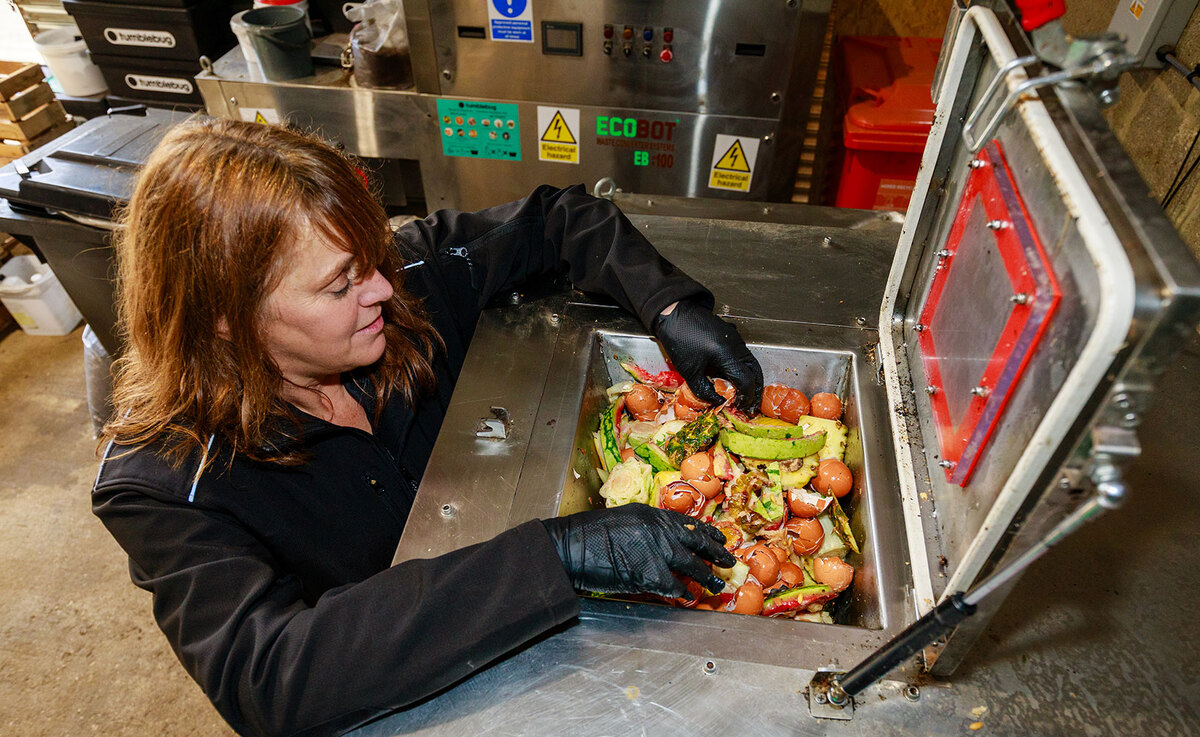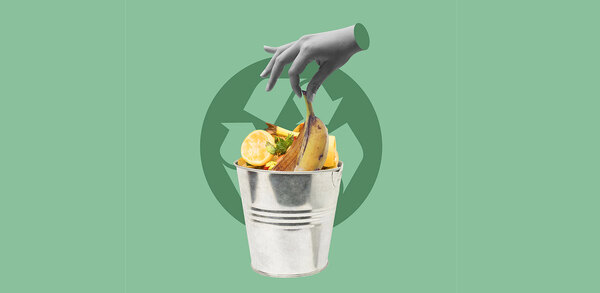With hotel MICE and F&B on hold, is total revenue management dead? Short answer: no way
This article was written by Damiano Zennaro, head of advisory services, EMEA, IDeaS Revenue Solutions
Remember those heady days before the crisis, when demand was strong and total revenue management was the next big trend?
Hotels had come so far in rooms revenue management, the reasoning went, it was time to apply all that knowledge and skills to optimising all revenue sources. After years of spirited discussion, things were finally starting to happen, and the efforts were paying off.
And then the pandemic hit, and the world changed. Today, with meetings, incentives, conferences and exhibitions (MICE) on hold and food and beverage (F&B) services scaled back for the majority of hotels, is there any point in pursuing total revenue performance optimisation?
With the pandemic, there has never been a better opportunity to start looking into total revenue management and avoid mistakes made when recovering from previous crises. Here are eight reasons why.
1: Cash flow is critical
The recent plummet in demand combined with new cleaning and social distancing protocols has created a perfect storm of lower revenue and higher operating costs. Until demand picks up again, hotels are in survival mode and in dire need of cash flow to pay bills and service debt. Every dollar earned or saved matters, and that requires scrutinising every opportunity to generate revenue, find efficiencies and save costs.
2: New challenges call for new approaches
The pandemic has transformed the hotel business. How much of the change is temporary or permanent remains to be seen, but hotels don’t have the luxury of waiting and seeing. Charting a new course requires forward-thinking and creativity. This is particularly true of revenue management, which needs to become more holistic, automated and data driven.
3: Revenue management isn’t just for rooms
Over the years, revenue management has evolved to become more focused on strategy, demand generation, dynamic pricing and profitability. As hotels reshuffle and remobilise resources in response to the crisis, it’s the ideal opportunity for revenue managers to share their skills and expertise with other departments, with an eye to achieving similar successes and instilling a total revenue performance mindset and culture across the property.
4: F&B will come back
While some hotels are taking advantage of their superior F&B outlets revenue surpassing room revenue, for the majority of hotels the numbers look grim now, but this crisis won’t last forever. People will resume traveling, congregating and celebrating in some shape or form, and they will need rooms, function space, catering and other services. Now is the time to put into place tools and processes to position hotels to increase market share and profitability across the board as demand recovers.
5: The potential is tremendous
Aside from rooms, F&B represents the greatest opportunity for revenue performance improvement. This was true prior to the pandemic and will be even more so as activities resume. MICE business typically generates the highest portion of F&B revenue, followed by restaurants and bars. There’s also revenue from retail, spa, recreation, parking and other sources to consider and people will look for experiences more than ever. Combined, these streams contain a reservoir of untapped revenue and cost savings hotels cannot afford to overlook.
6: It’s about optimising all spaces
In response to changes in consumer behavior, hoteliers are rethinking all spaces on property in search of new ways to create and capture demand. This may mean converting select guest rooms into private workspaces, refitting function rooms for virtual meetings and hybrid events, or repurposing outdoor areas for events and dining. By applying revenue strategies like demand-based pricing and displacement analysis, hoteliers will help ensure optimal use and profitability of these spaces.
7: Not all revenue is equally desirable
In addition to optimising all revenue streams, total revenue management is about connecting them to overall performance. When data is shared across departments, managers have a clearer understanding of how different types of business impact overall revenue and profitability. They know when to pursue or decline an opportunity, when to be flexible or negotiate more favorable terms, and when it makes business sense to close an outlet or scale back services.
8: Hoteliers need to do more with less
In such a volatile market, frequent reforecasting is the new reality. As revenue management expands its scope, there are more data points to aggregate and analyse. Meanwhile, hoteliers are grappling with reduced staffing and resources. To thrive under such conditions, hotels need technology that utilises intelligent automation and machine learning to enable smart revenue management practices across the property and detailed, frequent and accurate reporting.
So, while the future of the hotel industry is clouded with uncertainty, one thing remains clear: hotel owners and operators will need all the help they can get to weather this storm. In any market conditions, total revenue management strategy helps ensure optimal performance. In today’s business climate, it’s more relevant than ever.




















